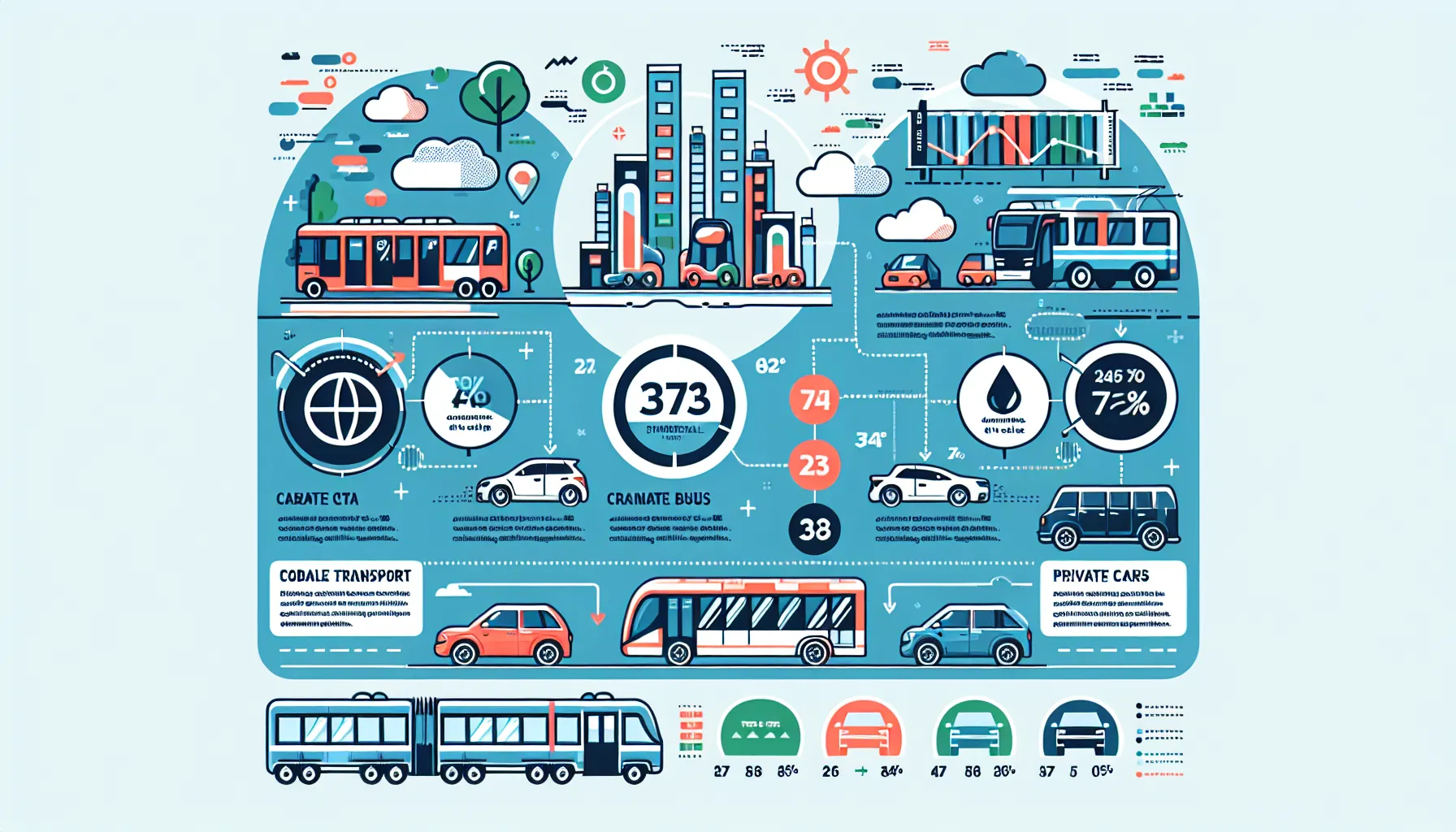The topic of automation’s impact on middle-class job opportunities has become increasingly relevant in recent years and is likely to appear in future IELTS Writing Task 2 exams. Based on analysis of past IELTS questions and current trends, this subject has a high probability of being featured in upcoming tests. To help you prepare, we’ll examine a relevant question and provide sample essays for different band scores.
Nội dung bài viết
 Automation Impact on Jobs
Automation Impact on Jobs
Analyzing the Question
Let’s consider the following question that could potentially appear in an IELTS Writing Task 2 exam:
Some people believe that the increasing use of automation in various industries will lead to a significant reduction in middle-class job opportunities. To what extent do you agree or disagree with this statement?
This question requires you to discuss your opinion on whether the rise of automation will substantially decrease job opportunities for the middle class. You need to:
- Clearly state your position (agree, disagree, or partially agree)
- Provide reasons and examples to support your viewpoint
- Consider potential counterarguments
- Draw a conclusion that reinforces your main argument
Sample Essay 1 (Band 8-9)
The rapid advancement of automation technology has sparked a heated debate about its potential impact on the job market, particularly for middle-class workers. While some argue that increased automation will lead to widespread job losses, I believe that the reality is more nuanced, and the overall effect on middle-class employment opportunities will be less severe than many fear.
Undoubtedly, certain middle-class jobs are at risk of being replaced by automated systems. For instance, many administrative and clerical positions that involve repetitive tasks such as data entry or basic customer service are already being phased out in favor of AI-powered software and chatbots. Similarly, some manufacturing roles that were once the backbone of the middle class are now being performed by robots and advanced machinery. These changes can certainly lead to job displacement in specific sectors.
However, it is crucial to recognize that automation also creates new opportunities and drives economic growth, which can benefit the middle class in several ways. Firstly, the development, implementation, and maintenance of automated systems require skilled workers, creating a demand for tech-savvy professionals who can command competitive salaries. Secondly, automation often increases productivity and reduces costs, allowing companies to expand their operations and potentially create new roles in areas such as marketing, sales, and product development.
Moreover, history has shown that technological advancements tend to shift rather than eliminate job opportunities. For example, the introduction of ATMs in the banking industry initially reduced the need for bank tellers, but it also allowed banks to open more branches and offer a wider range of services, ultimately creating more jobs in the sector. Similarly, the rise of e-commerce has transformed retail but has also generated numerous new positions in logistics, web design, and digital marketing.
It is also worth noting that many middle-class jobs involve complex decision-making, creativity, and interpersonal skills that are difficult to automate. Professions such as teaching, nursing, and social work are likely to remain in high demand and may even be enhanced by automation, as technology frees up time for these professionals to focus on more valuable, human-centric aspects of their work.
In conclusion, while automation will undoubtedly transform the job market, I believe its impact on middle-class job opportunities will be more of a reshaping than a wholesale reduction. The key to maintaining a strong middle class lies in adapting education and training programs to equip workers with the skills needed in an increasingly automated world. By embracing lifelong learning and developing uniquely human capabilities, the middle class can continue to thrive in the face of technological change.
(Word count: 419)
Analysis of Band 8-9 Essay
This essay demonstrates the characteristics of a high-scoring IELTS Writing Task 2 response:
-
Clear position: The writer partially agrees with the statement, acknowledging job losses in some areas while arguing for overall reshaping rather than reduction.
-
Well-developed arguments: Each paragraph introduces a new point, supported by specific examples and explanations.
-
Cohesion and coherence: The essay flows logically, using appropriate linking words and phrases to connect ideas.
-
Lexical resource: The writer uses a wide range of vocabulary accurately and effectively, including topic-specific terms and academic language.
-
Grammatical range and accuracy: The essay displays a variety of complex sentence structures with minimal errors.
-
Task response: All parts of the question are fully addressed, with a clear position maintained throughout.
Sample Essay 2 (Band 6-7)
Many people think that the increased use of automation in different industries will cause a big decrease in job opportunities for the middle class. I partially agree with this statement because while some jobs will be lost, new ones will also be created.
It’s true that automation is replacing some middle-class jobs. For example, in factories, robots are now doing work that people used to do. This means fewer jobs for factory workers. Also, in offices, computers can now do tasks like data entry, which reduces the need for administrative staff. These changes are causing some people to lose their jobs.
However, automation is also creating new job opportunities. As companies use more technology, they need people who can design, build, and maintain these systems. These new jobs often pay well and can be considered middle-class jobs. Additionally, when businesses save money through automation, they might use that money to expand and create new positions in other areas.
Another point to consider is that some middle-class jobs are hard to automate. Jobs that require human interaction, creativity, or complex decision-making are less likely to be replaced by machines. For instance, teachers, nurses, and social workers will probably always be needed.
It’s also important to note that throughout history, new technologies have always changed the job market. While some jobs disappear, new ones are created. The key is for people to learn new skills and adapt to these changes.
In conclusion, while automation will cause some middle-class job losses, it will also create new opportunities. The overall impact on middle-class job opportunities may not be as severe as some people think. It’s important for workers to be prepared to learn new skills to stay competitive in the changing job market.
(Word count: 295)
Analysis of Band 6-7 Essay
This essay demonstrates the characteristics of a mid-range IELTS Writing Task 2 response:
-
Clear position: The writer partially agrees with the statement, which is maintained throughout the essay.
-
Adequate development: The main points are supported with examples, though they could be more detailed.
-
Coherence: The essay has a clear structure, with each paragraph focusing on a different aspect of the argument.
-
Vocabulary: The writer uses some topic-specific vocabulary, though the range is more limited compared to the Band 8-9 essay.
-
Grammar: The essay uses a mix of simple and complex sentences, with some minor errors that do not impede understanding.
-
Task response: The question is addressed, though the analysis could be more in-depth.
Key Vocabulary to Remember
-
Automation (noun) /ˌɔːtəˈmeɪʃn/: The use of machines or computers to do work that was previously done by people.
-
Middle class (noun) /ˈmɪdl klæs/: The social group between the upper and working classes, typically including professionals and skilled workers.
-
Job displacement (noun) /dʒɒb dɪsˈpleɪsmənt/: The loss of jobs due to changes in technology or economic conditions.
-
Productivity (noun) /ˌprɒdʌkˈtɪvəti/: The rate at which goods are produced or work is completed.
-
Interpersonal skills (noun) /ˌɪntəˈpɜːsənl skɪlz/: The ability to communicate and interact effectively with others.
-
Lifelong learning (noun) /ˌlaɪflɒŋ ˈlɜːnɪŋ/: The ongoing, voluntary pursuit of knowledge throughout one’s life.
-
Reshape (verb) /riːˈʃeɪp/: To change the shape or form of something, often used metaphorically.
-
Adapt (verb) /əˈdæpt/: To change or adjust to new conditions or circumstances.
-
Innovation (noun) /ˌɪnəˈveɪʃn/: The introduction of new ideas, methods, or technologies.
-
Workforce (noun) /ˈwɜːkfɔːs/: The total number of people employed or available for work.
Conclusion
The impact of automation on middle-class job opportunities is a complex and evolving topic that is likely to appear in future IELTS Writing Task 2 exams. To prepare for such questions, it’s essential to consider various perspectives and be ready to discuss both the potential challenges and opportunities presented by technological advancements.
Some additional related topics you might encounter in future IELTS exams include:
- The role of education in preparing workers for an automated future
- Government policies to address job displacement due to automation
- The ethical implications of replacing human workers with machines
- The impact of automation on income inequality
- The potential for a universal basic income in response to job losses from automation
To further improve your writing skills, we encourage you to practice writing an essay on the topic discussed in this article. Share your essay in the comments section below for feedback and discussion with other learners. This active practice is an effective way to enhance your IELTS Writing Task 2 performance.


